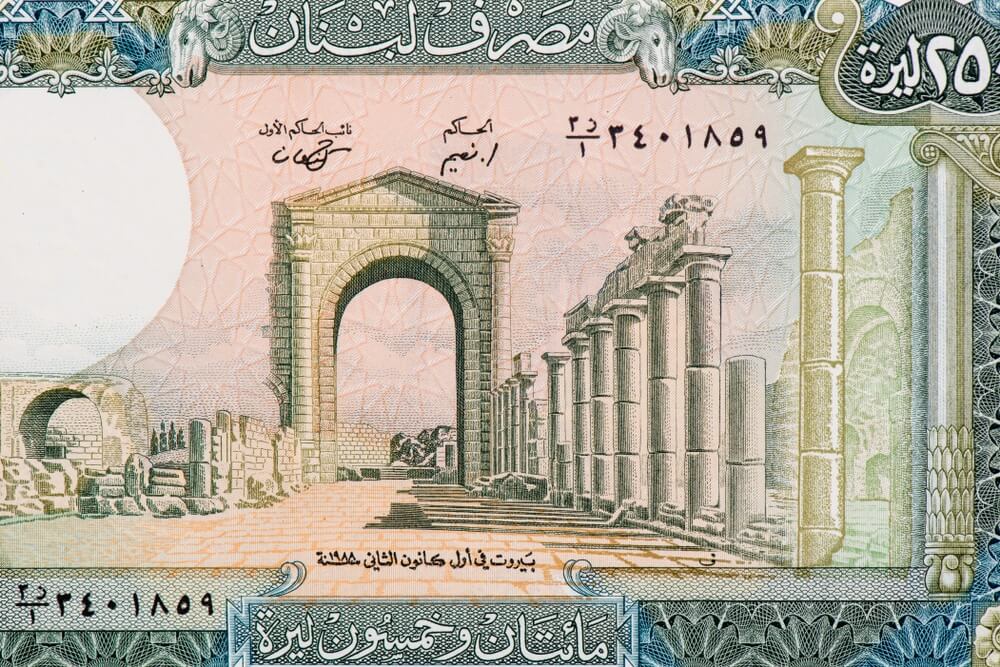
Lebanese Currency Slides Further
Lebanon’s battered pound currency has declined against the U.S. dollar in forex trading, despite a new pricing system. Beirut’s hopes it can rein in soaring food prices as it negotiates with the International Monetary Fund. They are making a deal with the IMF to help the country climb out of this crisis.
The pound has lost over 60% of its value since October. This was the result of the dwindling supply of dollars that prompted banks to cut savers’ access to the hard currency. It also prompted banks to ration dollars for fuel, medicine, and wheat at a rate of 1,507.5 pounds.
One currency dealer said dollars were being bought at 4,250 and sold at 4,500 in the FX market. Another said he was buying at 4,300 versus 4,100 a day earlier but not selling because of its scarcity.
Importers said it was getting much more difficult to source enough dollars to complete orders, even at higher rates.
Looking forward only a few weeks ahead, they may not be able to honor their engagements towards their suppliers. This was according to Hani Bohsali, general manager of Bohsali Foods, a major food importer.
The government and money changers last week launched a unified pricing system. They planned a gradually reduced rate announced every day with the aim of reaching 3,200 pounds.
Money changers on Wednesday set a buying price of 3,890 and a selling price of 3,940. Dealers who did not comply would be penalized, the central bank said. Moreover, importers said dollars were unavailable at this kind of rate.
Efforts to Stabilize the Currency
The central bank said on Wednesday that a new electronic forex platform would go live on June 23. This is part of further efforts to stabilize the currency.
Under the new platform, money changers will have to enter the details of transactions into an electronic application. They must adhere to a buying and selling range set each morning by the central bank. They must also subject it to change throughout the day.
A currency crisis in Syria has further hit Lebanon’s dollar supply. Many syrians have switched to dollars to protect against inflation and hedge against the effect of impending U.S. sanctions.
The Lebanese pound’s collapse threatened renewed unrest as Beirut negotiates an International Monetary Fund program, which was tied to billions of dollars. This is financing a kickstart for a recovery.
Fresh protests erupted late on Tuesday in Beirut and Tripoli, triggered in part by the ongoing currency crisis.




